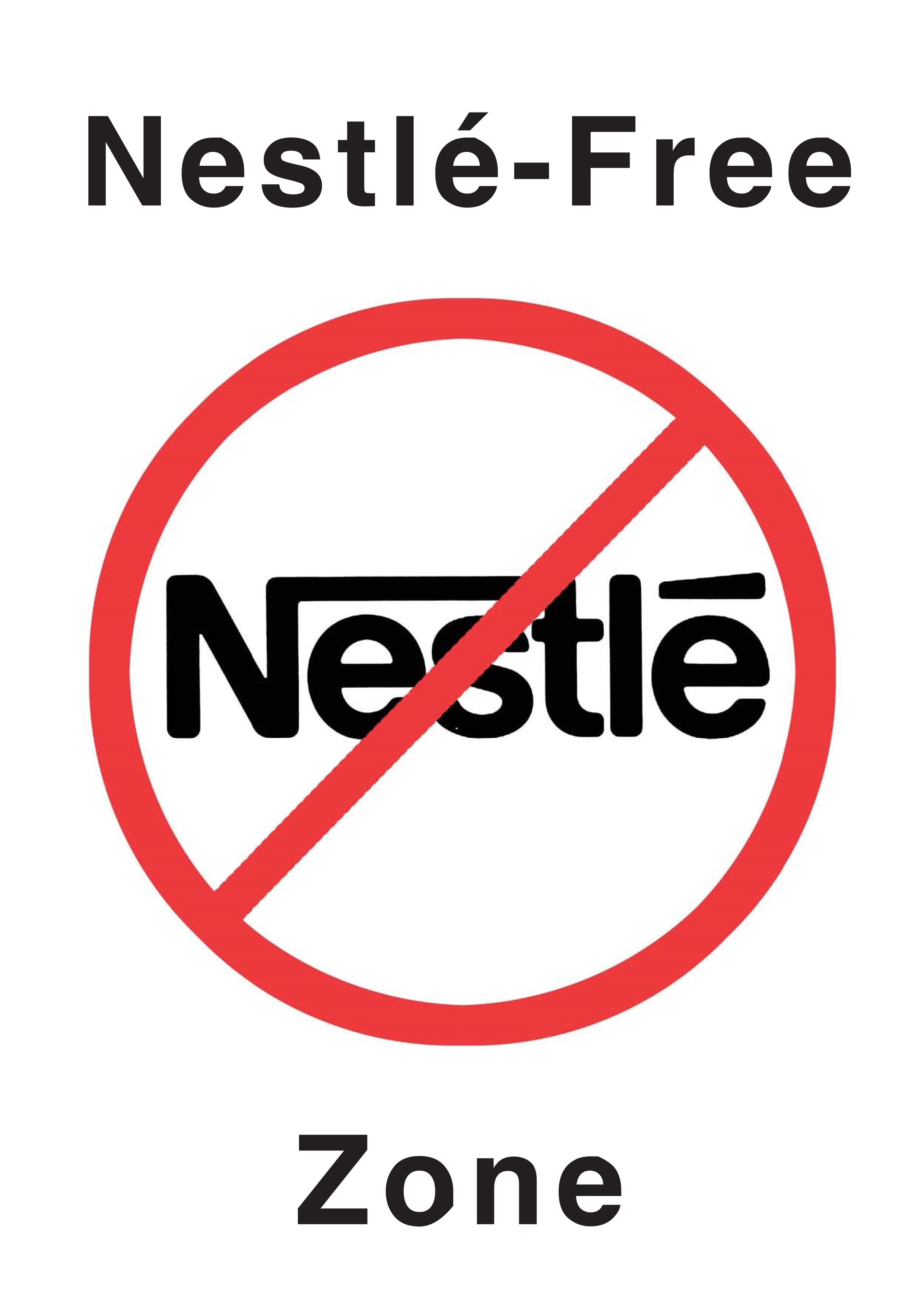International Breastfeeding Journal
Domperidone is the most frequently prescribed medicine used to increase breast milk supply. There is considerable controversy surrounding the use of domperidone in lactation, due to limited evidence about effi...
Breastfeeding practices and their impact on infant health and survival are unquestionably of global interest. The aim of this study was to examine the link between breastfeeding initiation within one hour of b...
The RUBY randomised controlled trial demonstrated the benefit of proactive telephone peer support in promoting breastfeeding continuation in a setting with high breastfeeding initiation, where typically this i...
Most qualitative research on breastfeeding the preterm or low-birthweight (LBW) infant has focused on negative insights; there are no comprehensive insights into how, when and why mothers experience positive b...
Problem-Based Learning (PBL) is extensively used in pre- and post-graduate teaching programmes. However, it has been seldom used for in-service training and continuing medical education. We aimed to develop a ...
Dutch breastfeeding rates are below World Health Organization’s recommendations and targets despite the benefits for individuals and society. Increasing the rates is complex due to multiple breastfeeding deter...
Exclusive breastfeeding is defined as the practice of providing only breast milk for an infant for the first 6 months of life without the addition of any other food or water, except for vitamins, mineral suppl...
Timely initiation of breastfeeding can reduce neonatal morbidities and mortality. We aimed to study predictors for timely initiation of breastfeeding (within 1 h of birth) among neonates born in hospitals of N...
Breastfeeding is associated with lower incidence and severity of lower respiratory tract disease. However, little is known about the relationship between feeding type and breastfeeding duration with bronchioli...
It has been demonstrated that children who had been breastfed remain better protected against various infections, and notably respiratory tract infections, well beyond infancy. Since the role of breastfeeding ...
Despite numerous benefits, many mothers stop breastfeeding soon after birth. A common reason for this is the experience of pain or discomfort. One resource which women use to share their breastfeeding challeng...
Botswana updated its antiretroviral treatment (ART) guidelines in May 2016 to support breastfeeding for women living with HIV (WLHIV) on ART who have documented HIV RNA suppression during pregnancy.
Prelacteal feeding hinders early initiation of breastfeeding and exclusive breastfeeding but is understudied in Uganda. We examined the prevalence and factors associated with prelacteal feeding among postpartu...
The World Health Organization recommends breastfeeding for at least two years (24 months or more) after birth. In Vietnam, 22% of women continue breastfeeding for at least two years. The aim of this study was ...
Despite considerable policy actions at the national and hospital levels, rates of breastfeeding in the Middle East and North Africa (MENA) region remain below the global average. There is a need to explore the...
This study aimed to identify the differences in clinical characteristics, puncture efficacy, antibiotic use, treatment duration, breastfeeding post-illness, and recurrence of patients with breast abscesses cau...
The migratory flows in Spain have changed due to the arrival of a diverse migrant population. Among the new migrants the Latino collective predominate with more than half being women of childbearing age. There...
One of the most important protective health factors for children is breast-feeding, but the mechanisms for this effect are not fully elucidated. Our objective was to assess if the duration of breastfeeding inf...
Exclusive breastfeeding is widely accepted as a key intervention with proven efficacy for improving newborn survival. Despite international commitments and targets to support and promote breastfeeding, there a...
Optimal breastfeeding practices including early initiation of breastfeeding and exclusive breastfeeding (EBF) are associated with positive health outcomes. Socioeconomic inequalities in key breastfeeding indic...
Most Recent Articles: International Breastfeeding Journal
SubscribeFeliratkozás a következőre: International Breastfeeding Journal hírcsatorna

